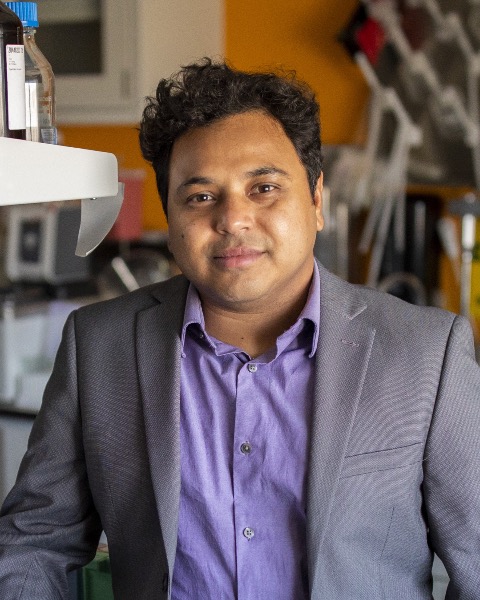Discovery and Basic Research
Prologue: Prospects and Challenges of Cell Selective Liposome for the Treatment of Auto-Immune Diseases
-

Md Nurunnabi, PhD
Associate Professor
University of Mississippi
Oxford, Mississippi
Prologue Speaker(s)
To view all Prologues, visit our library here and click "Enroll".
Autoimmune diseases are characterized by chronic inflammation driven by immune system dysfunction, leading to progressive damage in organs such as the skin, liver, lungs, kidneys, and others. While current treatments offer some disease management, they primarily focus on slowing progression and lack the potential for reversal. The complex pathogenesis of autoimmune diseases involves a network of cell types, including T cells, macrophages, and fibroblasts, making targeted therapeutic intervention a significant challenge. Cell-selective delivery systems have emerged as a promising strategy to address this challenge, enabling precise delivery of therapeutic payloads to the specific cells driving disease processes, thus maximizing efficacy while minimizing potential side effects.
In this presentation, the author will focus on the development of cell-selective carriers for the treatment of fibrosis, a debilitating and under-addressed consequence of many autoimmune disorders. The design rationale, leveraging surface functionalization of carriers like liposomes with ligands or antibodies for cell-specific targeting, will be discussed in detail. Recent studies conducted by the author will be highlighted, demonstrating successful strategies for achieving cell-type-specific delivery. The feasibility of these techniques utilizing various in vitro and in vivo models will be presented.
Furthermore, the discussion will encompass suitable anti-inflammatory agents for encapsulation within cell-selective carriers. The focus will be on their mechanisms of action, including suppression of pro-inflammatory cytokine production, inhibition of profibrotic signaling pathways, and modulation of aberrant immune cell responses that contribute to fibrosis.
Finally, the author will address the current challenges and future directions in the development of cell-selective formulations. Emphasis will be placed on their potential for clinical translation and broad application in the treatment of a range of autoimmune diseases, extending beyond fibrosis.
Learning Objectives:
- Learning about the cells responsible for fibrosis and their pathologies.
- Cell surface markers and receptor proteins overly expressed on activated fibroblast.
- Design rationale of the formulation for cell selective delivery of therapeutic payloads.

